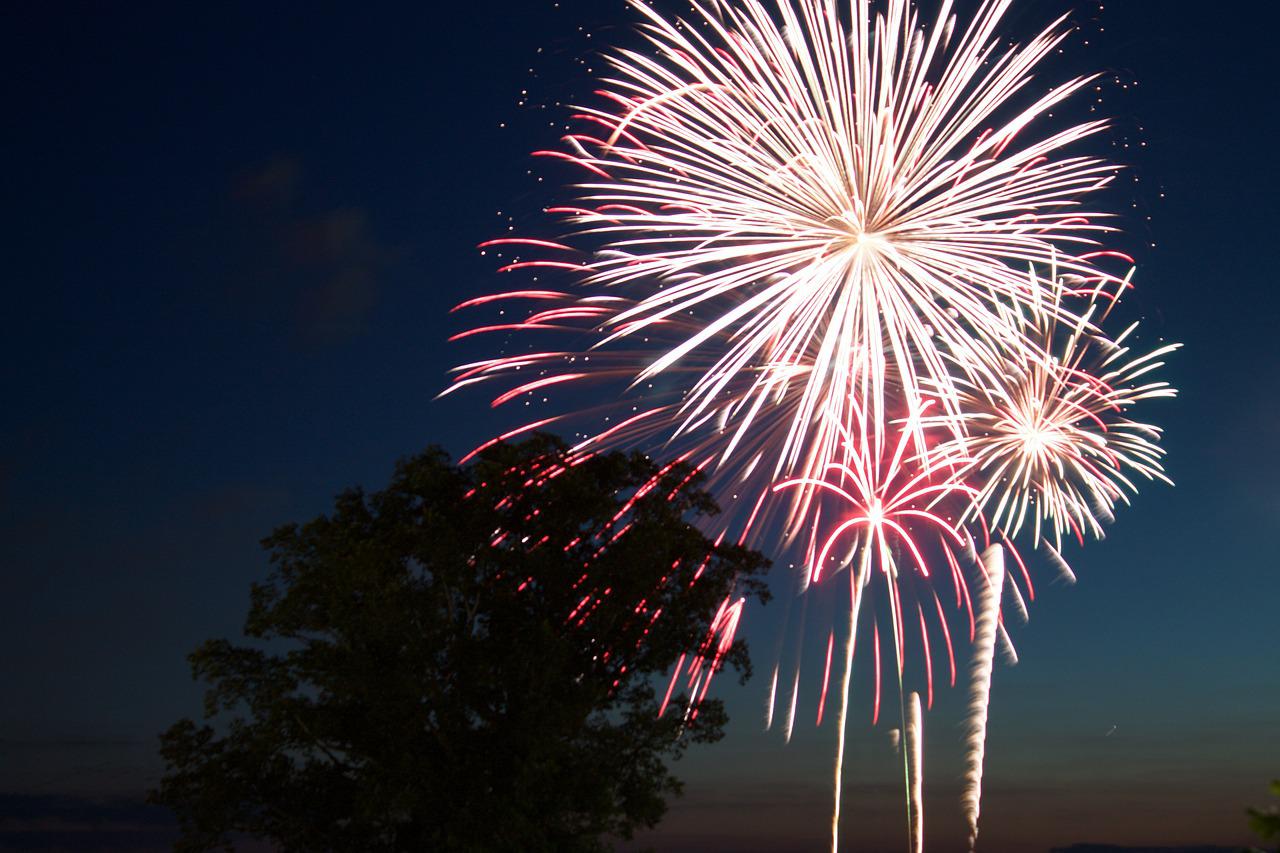
Independence Day is quickly approaching! For my family that means, barbeque, hanging out with friends at the pool, and often fireworks. But as much fun as fireworks may be for some people, fireworks can trigger combat veterans with PTSD. The sights and sounds of explosives can cause anxiety, panic attacks, and even flashbacks associated with Post Traumatic Stress Disorder or PTSD.
These men and women are the reason we are able to celebrate our freedom and independence as a nation. It’s only right that we show our respect and gratitude by being aware of triggering events. As you prepare to celebrate the 4th this year, there are ways to be more contentious to your friends and neighbors suffering from PTSD.
Check with your neighbors and those who are attending your fourth of July celebrations to verify they are comfortable with fireworks and know what time you plan to start shooting fireworks in the neighborhood.
There are many strategies and tactics that can help a combat veteran with PTSD triggered by fireworks. Knowing the timeframe and place of fireworks, can lessen the stress and panic involved by helping the person prepare. It’s a much different situation if someone is aware ahead of time than if it begins without warning.
Observe the times your local city or county allows fireworks. Forgo your setting off your own firework display and participate in the community wide show. You’ll save money and these shows are typically much better than you could put on in your own back yard.
How to help your loved one triggered by fireworks:
- Communicate with your veteran to ensure they are aware of the holiday and what to expect during the weekend.
- Use earplugs or headphones to help cancel out loud sounds that could be triggering.
- Never force someone to participate in an event where they are uncomfortable or concerned about being anxious or triggered.
- Use anxiety calming techniques such as deep, slow breathing, listening to calming music, or using a weighted blanket.
Always consult a physician if you are concerned about the effects of your veteran loved ones PTSD, if they have gotten worse, and contact emergency services if you are concerned, they may harm themselves or others.
More Resources
If you or someone you know is struggling with PTSD, you can call the Substance Abuse and Mental Health Services Administration National Helpline at 800-662-4357. If you’re experiencing suicidal thoughts during your PTSD episodes, call the National Suicide Prevention Lifeline at 800-273-8255.
Related Articles
How Veterans With PTSD Can Cope With July 4th Fireworks (aarp.org)
